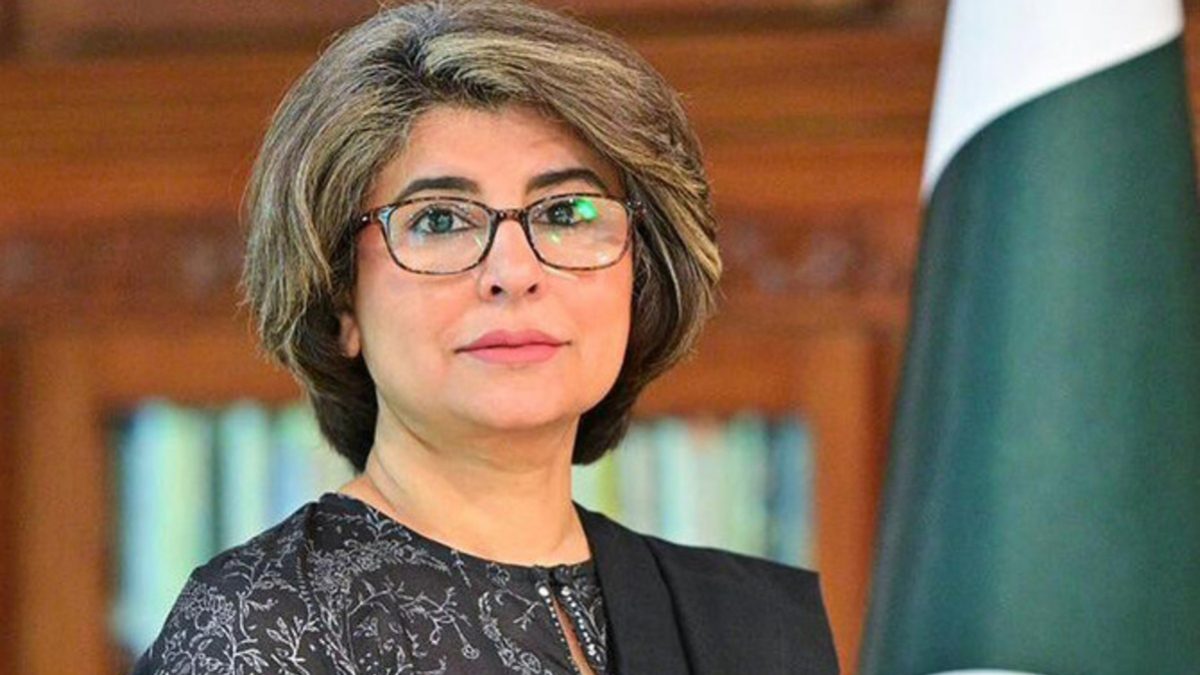Pakistan’s Foreign Secretary Amina Baloch is set to arrive in Bangladesh on Wednesday (16 April) for the Foreign Office Consultation (FOC) between the two nations, The Daily Star reported.
This is the first such diplomatic meeting between the two South Asian nations in 15 years, as Dhaka moves closer to Islamabad.
At the FOC meeting, which will be held on Thursday, Bangladesh’s Foreign Secretary Md Jashim Uddin is set to meet his Pakistani counterpart, Amina Baloch, and discuss ties. Diplomatic sources told The Daily Star that multiple bilateral issues will be discussed during the FOC.
Pak FM set to arrive in Dhaka this month
Pakistan’s Deputy Prime Minister and Foreign Minister, Ishaq Dar, is also expected to visit Bangladesh on 27–28 April.
Relations between the two countries have been improving since the Awami League-led government fell last August following mass student-led protests. Meanwhile, Dhaka’s relations with New Delhi are on the verge of collapsing.
Sharif, Yunus met twice as ties began to improve
Pakistani Prime Minister Shehbaz Sharif and Chief Adviser Prof Muhammad Yunus have met twice since then — once at the UN General Assembly in New York in September, and again at the D-8 summit in Cairo in December.
Since then, Bangladesh has eased visa rules for Pakistani nationals and launched direct shipping services.
Hasina in Delhi, Dhaka’s push for extradition
Meanwhile, Sheikh Hasina is currently staying in New Delhi, while Bangladeshi authorities are still trying to extradite her.
Yunus’s remarks on India’s northeast
India-Bangladesh relations have worsened following recent developments, including the student-led protests leading to Sheikh Hasina’s ouster and interim leader Muhammad Yunus taking charge as Chief Adviser.
Impact Shorts
More ShortsDuring a recent visit to China, Yunus referred to India’s northeastern states as “landlocked” and suggested that Bangladesh could act as a gateway for Chinese trade in the region. His remarks were strongly criticised by Indian officials.
In response, India revoked a key transshipment facility that allowed Bangladeshi goods to be exported to third countries via Indian land routes. The move is expected to hurt Bangladesh’s trade — especially in the readymade garments sector — by increasing logistics costs.
)